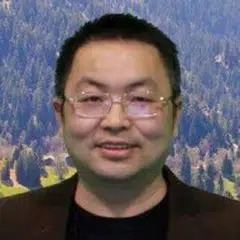
Deng Qingbo
Commentator
Deng Qingbo is commentator and expert in public opinion and Taiwan strait issues. He is also a columnist at various Chinese newspapers including Lianhe Zaobao, The China Press, and Global Times. He is also the review author of the Institute of Taiwan Studies Chinese Academy of Social Sciences' Taiwan Zhoukan. Having worked for a long time at various organisations of different levels (province, city, county), Deng has great expertise in China's political, economic, and social issues.